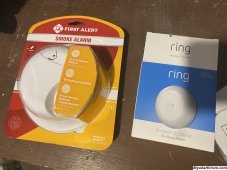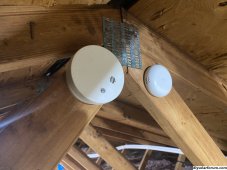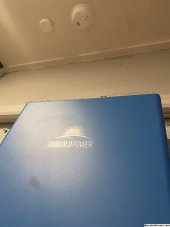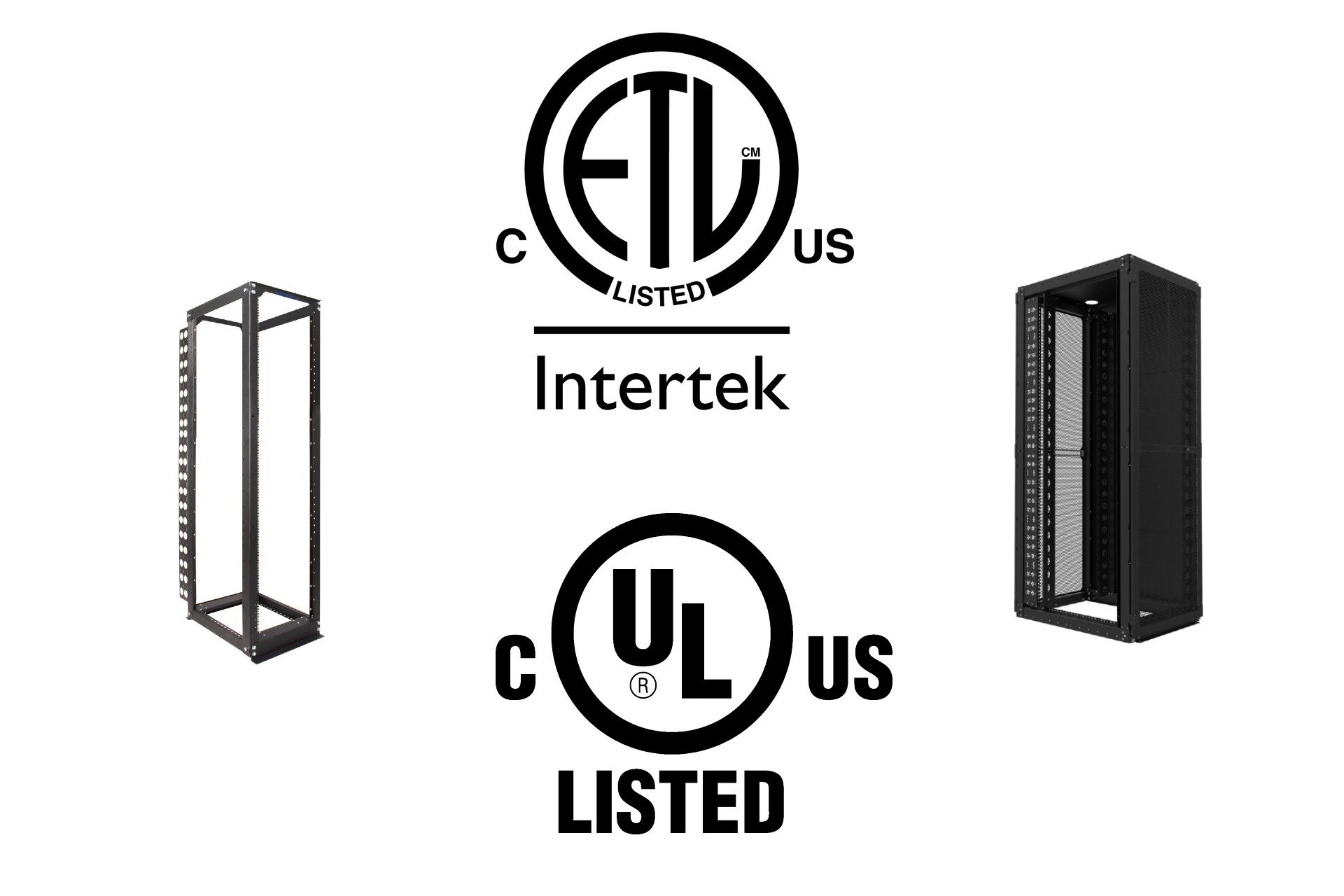wmgeorge
New Member
- Joined
- Apr 22, 2022
- Messages
- 224
Correct. I had to deal with Farm B______ Ins Company on a roof damage claim from hail. I only got paid 1/2 up front and could not get the rest of the money until I Proved to them I had the work done. Meaning I had to pay the roofing Co. up front. Then within 60 days I got notice of a rate increase!! Your agent is mister nice guy the claims dept is as above... hell.






